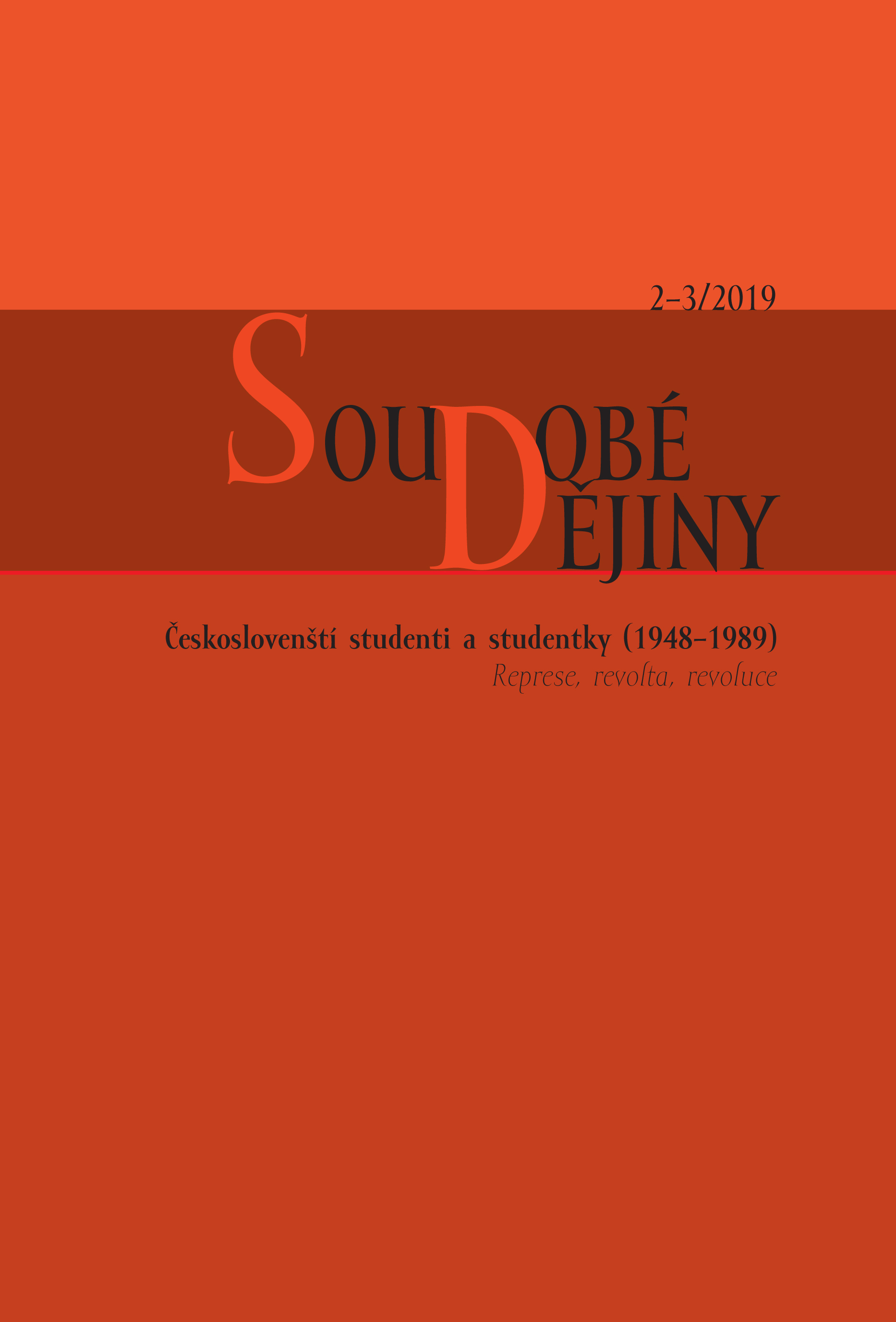Kdyby to neskončilo, bylo by to na věčné časy a nikdy jinak
If it had not ended, it would have been forever and never in any other way
Author(s): Jiří SukSubject(s): History, Political history, Social history, Recent History (1900 till today), Special Historiographies:, Post-War period (1950 - 1989), History of Communism, Historical revisionism, Book-Review
Published by: AV ČR - Akademie věd České republiky - Ústav pro soudobé dějiny
Keywords: Soviet society; Communist regime; authoritative discourse
Summary/Abstract: Yurchak, Alexei: Bylo to na věčné časy, dokud to neskončilo: Poslední sovětská generace. Translated from the English original by Přemysl Houda and Veronika Bránišová.(Edition Politeia.) Prague: Univerzita Karlova and Karolinum, 2018, 388 pp., ISBN978-80-246-3662-7. In the reviewer’s opinion, the book Everything was forever, until it was no more: The last Soviet generation by Alexei Yurchak (original edition: Princeton (NJ), Princeton University Press 2005) strives to provide a plastic and accurate picture of the period reality and mentality as they appeared to Soviet citizens in the last decades before the fall of the Communist regime. The author wrote it in the United States, obviously reacting to simplified, binary interpretations of the late Soviet Communismin the West. The author presents his arguments in an extremely inventive manner, precisely employing his methodological principles when analysing specific social phenomena. In doing so, he builds his analyses around a central principle of validity of the authoritative (Marxist-Leninist) discourse in the Soviet Union, which,however, permitted various interpretations for the purpose of fulfilling individual interests and goals and whose decomposition at the time of Gorbachev’s perestroika led to the collapse of the whole system. However, the reviewer argues that the above principle has a much lower interpretation weight and that the author generalises selective social experience of Komsomol functionaries when attempting to prove that, rather than opposing the system, Soviet people were creating their own living space outside it. The reviewer contemplates the nature and limits of political resistance in a Communist system and, in the end, takes note of problematic attempts of some Czech historians to apply Yurchak’s propositions to interpret the situation in Czechoslovakia.
Journal: Soudobé Dějiny
- Issue Year: XXVI/2019
- Issue No: 2+3
- Page Range: 363-370
- Page Count: 8
- Language: Czech

